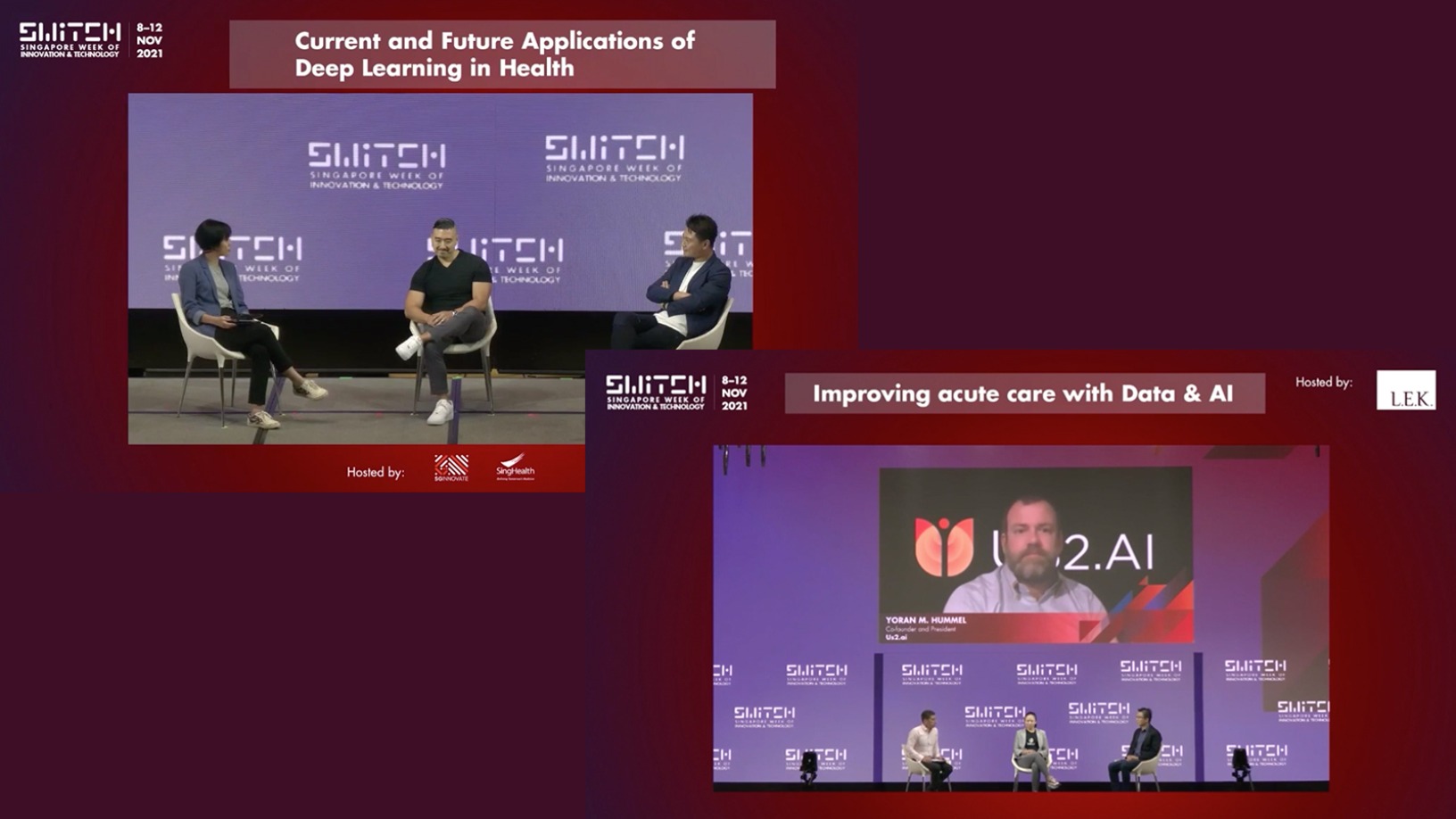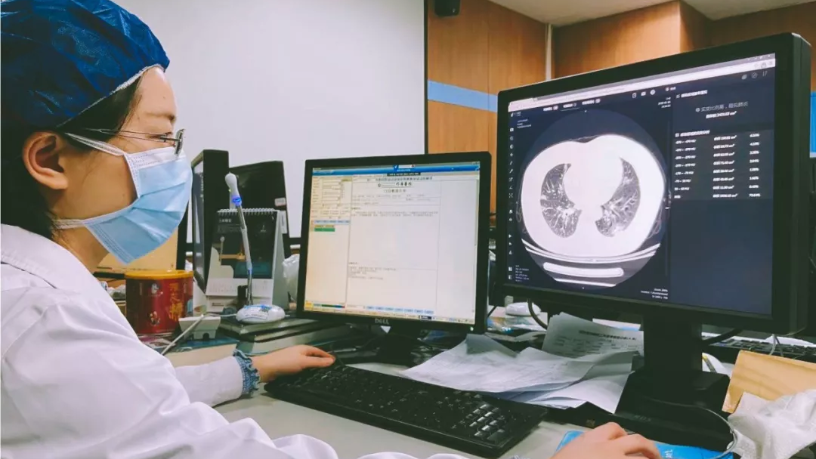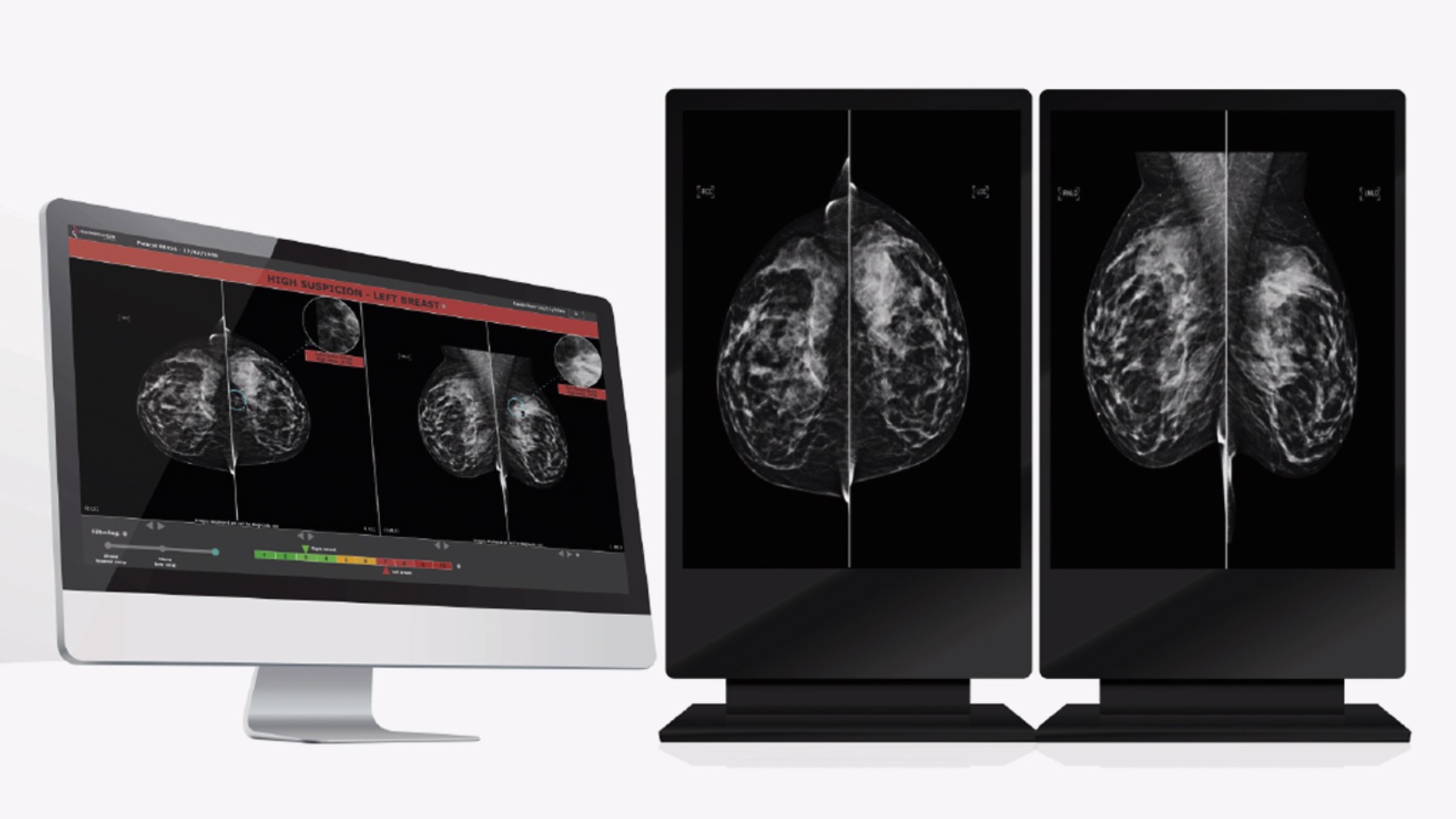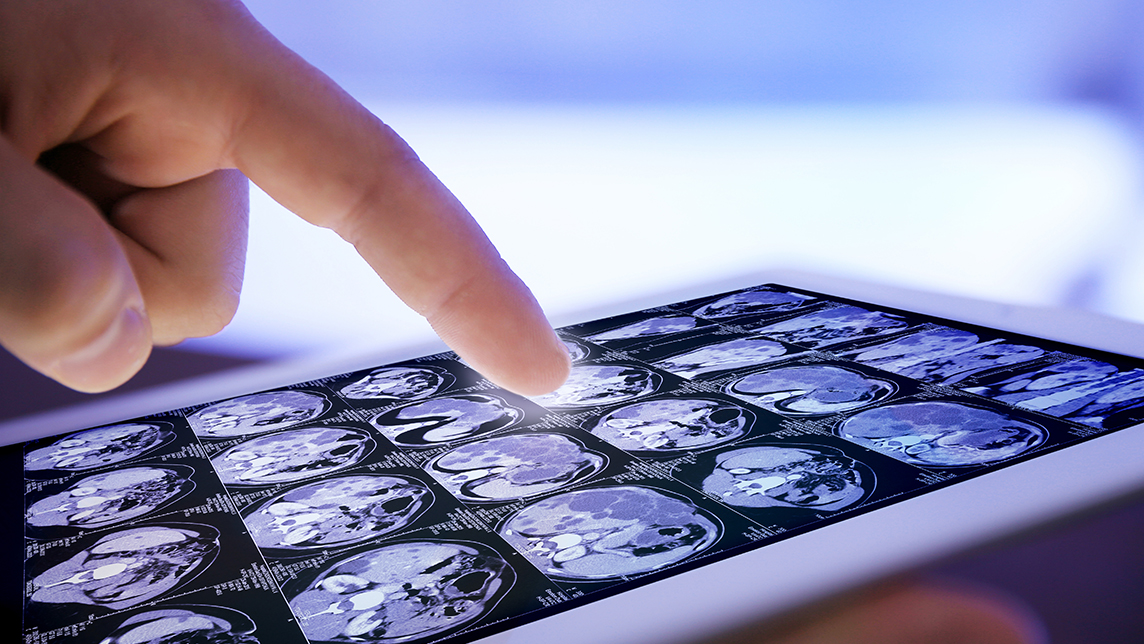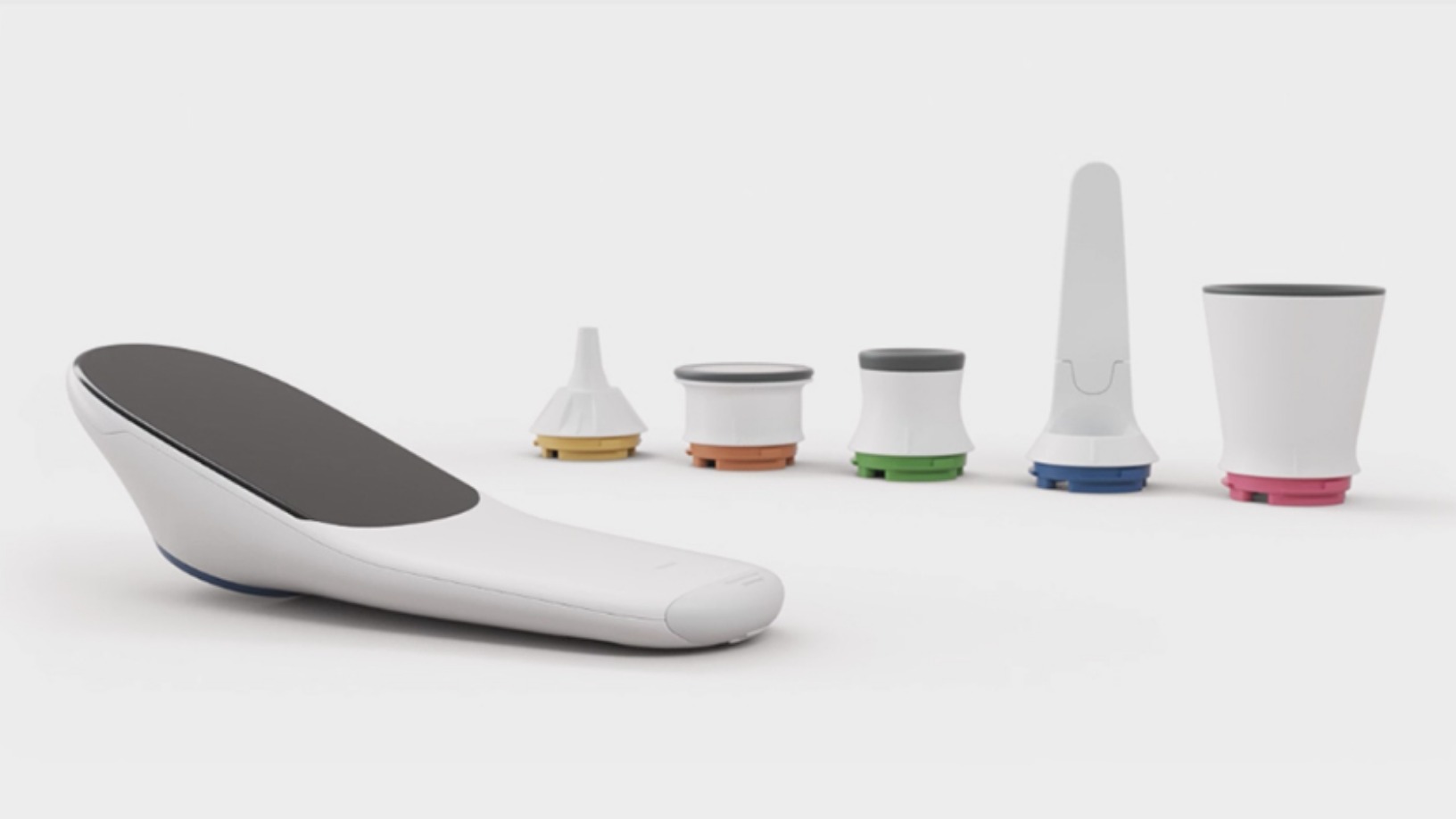The Covid-19 pandemic has disrupted healthcare sectors around the world, especially in countries with limited medical resources to cope with the unexpected surge in patients needing intensive care. The digitalization of healthcare has been accelerated since, with AI technology quickly developed and deployed to help healthcare workers in diagnostics, morbidity prediction and drug discovery in the fight against the unknown pathogen.
On November 9, industry experts and startup founders joined two panel talks, “Improving Acute Care with Data & AI” and “Current and Future Applications of Deep Learning in Health,” at the Singapore Week of Innovation and TeCHnology (SWITCH) conference to discuss a range of AI applications and related challenges in healthcare.
As the example of an unexpected healthcare crisis like Covid has shown, AI technology like deep learning can play a vital role in enhancing diagnosis efficiency and accuracy, as well as help medics discover new therapies and treatments.
With deep learning, “we're not just looking to predict if something will work, but actually setting off on the right foot by trying to optimize the best that you can do with existing ingredients, to put the right combination forward," said Dean Ho, Head of NUS Biomedical Engineering and Director of N.1 Institute for Health and the Institute for Digital Medicine.
This strategy is important in dealing with unknown pathogens, when the data needed to train algorithms isn’t yet available. According to Ho, his team found some interesting combinations that align closely with the clinical outcomes, but didn't need any data from actual clinical studies.
“We are moving beyond pure data-driven predictions to producing a list of actionable responses to outbreaks like Covid through prospective small data experiments," he said.
Personalized care
Still, participants agreed that AI will not completely replace doctors. “Healthcare is between patient and doctor. There is an emotional context that a computer cannot understand,” said Dorothea Koh, CEO and founder of Bot MD whose product, an AI-enabled clinical assistant, has been used by over 15,000 doctors globally.
“One of the biggest problems in medicine is the limited number of doctors and nurses, and a very large patient population,” said Koh. AI can create algorithms to help doctors in triage and process data at scale, enabling physicians to get more efficient and have more time to talk to their patients and enhance the consultation.
For Ho, AI, and deep learning specifically, opens doors to truly personalized care – picking the drug for the patient and optimizing how that drug is delivered dynamically over time to achieve the best possible results.
“You can't do that without the right diagnostic capabilities in a continuous manner… Deep learning has the ability to modulate how we treat the patients, and obtain more information through tracking their responses,” he added.
Data-sharing hurdles
Data-sharing is also important to enable AI healthcare companies to create a shared repository for anonymized data to validate and train AI models. But it won’t be easy because of increasing concerns about data security and privacy protection.
“The more we expose data, the more to a certain extent, we are increasing the surface area of loss, potentially increasing the potential for data exfiltration,” said Lim Cher Wee, COO at the Ministry of Health (MOH) Office for Healthcare Transformation.
“Data-sharing journey is a trust-building exercise. We need to start small, build trust, find early adopters and use that journey to build a larger movement of data-sharing.”
Today’s hospital environment tends to be highly siloed in terms of data sharing. But this might change in the future, when different kinds of data sources can be connected, enabling doctors to get the information they need from one single interface.
In the past, external collaborators were invited to send over the de-identified data to Singapore for building models on-site. That’s no longer possible now because of tightened data privacy rules, according to Daniel Ting, AI Program Director at SingHealth and Head of AI & Digital Innovation at Singapore Eye Research Institute under Singapore National Eye Center.
Ting believes that technologies could help address the issue. “Federated machine learning allows us to build a model without the need to transfer data to Singapore. Basically, we can create a model and the data can stay within the respective countries,” he said, adding that blockchain could also be used.
For Bot MD, Koh said her company is able to move a lot faster with private hospitals and clinics because the public sector follows more stringent data security protocols. However, she is glad to see increasing willingness from public hospitals to try out the new technologies. For example, “MOH can set guardrails and give access to specific amounts of data, so startups and other companies can experiment within that context,” Koh said.
Good stewardship
Both Ho and Ting agreed that good stewardship of data is essential in healthcare. But the right stakeholders, such as those with the sufficient know-how about technologies like AI, are needed to set up a comprehensive regulatory framework.
“We are facing a severe shortage of AI talent. So, the problem is whether we have enough experts within the Ministry [of Health], within the government sectors to know how to regulate these novel breakthroughs of AI or digital technology,” Ting said. “It requires collective intelligence and effort, as we are trying to catch up with the pace of AI and no countries have perfect solutions in regulation."
From Ting’s perspective, all the different teams including those from governments and the academic world should start talking to each other at a very early stage; education also plays a key role here.
More AI applications are expected to be developed for healthcare once the regulations for data-sharing are established. “In the next five years, one of the biggest developments is using technology to enable more virtualization of care,” Koh of Bot MD said.
MOH’s Lim is looking at the possibility of using medical selfies – self-taken photographs using mobile phones – enabling patients to transfer imaging data to healthcare professionals. “It would be a game-changer in healthcare and would solve a lot of the issues we currently face,” he said.
